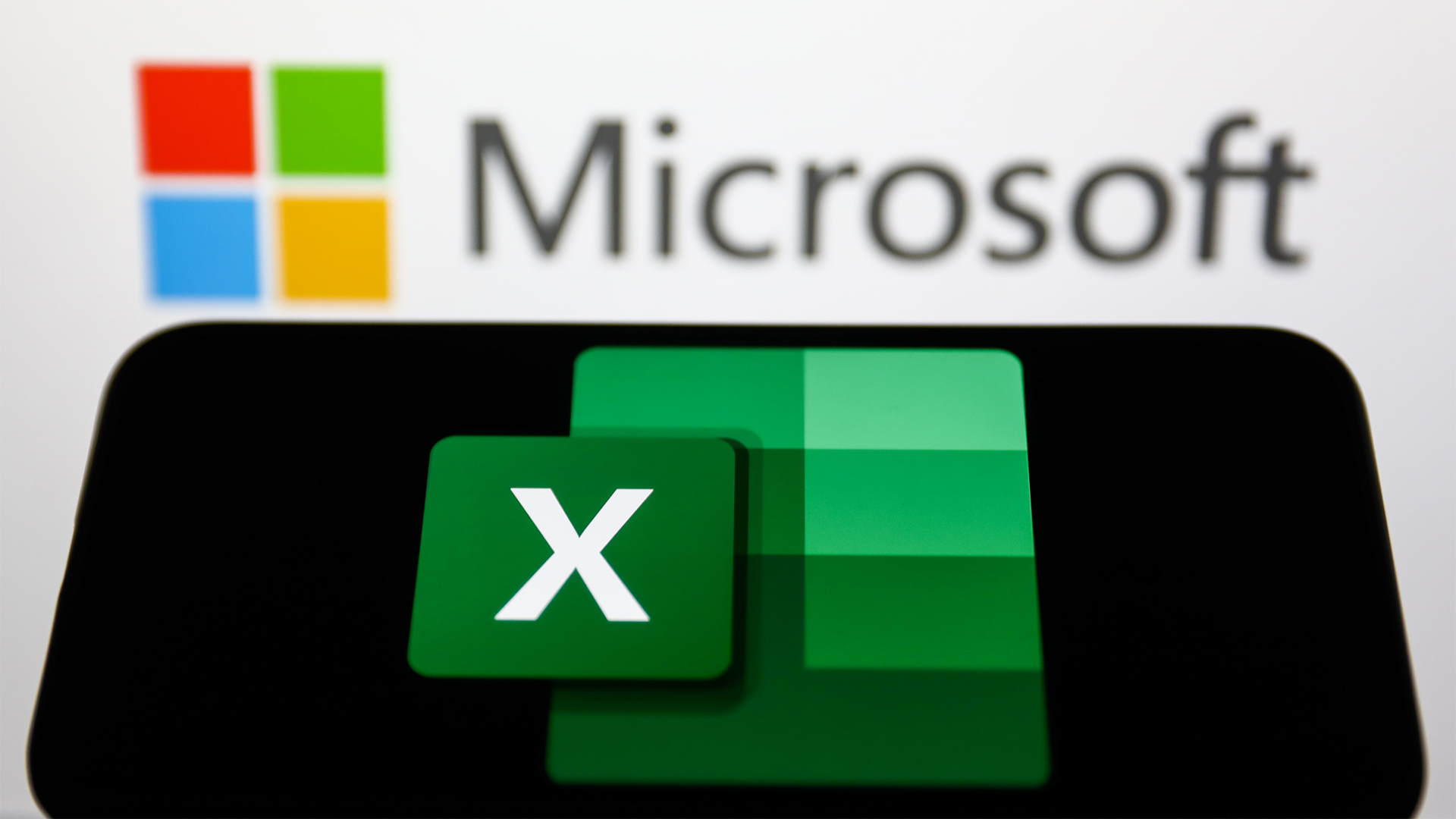Gateway GR360 F1 review
Gateway is moving back into the server market in a big way and has HP clearly in its sights. In this review we see if the new GR360 F1 has the muscle to take on the establishment.
Gateway’s new GR360 F1 has high storage capacity and plenty of expansion potential in a well-built 1U chassis. Remote management tools aren’t as good as those offered by Dell or HP, but the GR360 F1 costs a lot less than a similarly specified ProLiant DL360.

The GR360 can be easily upgraded to accommodate even more storage as the L-shaped motherboard accepts Gateway's Flex I/O cards. These allow some unusual expansion options as the cards plug directly into an interface slot at the bottom of the central riser. They sit flush with the motherboard so don't obstruct the riser's own PCI-E expansion slot above. There's also room for another PCI-e card on the other side, although it would have to be very short so as not to obstruct the processor's heatsink in front of it.
A good selection of Flex I/O cards are available. Along with two and four-port Gigabit Ethernet options, there's a SAS card which you'll need if you want to use all eight drive bays. This has eight SAS ports, adds support for RAID-6 arrays and comes with 256MB of embedded cache.
The GR360 is well built, apart from the push buttons on the lid were very uncooperative making it difficult to remove it without some screwdriver-related persuasion. Thankfully, the interior is tidy with good access to all key components.
The server supports Xeon 5500 and 5600 processors and a total of 18 DIMM slots means you can go up to 192GB using DDR3 memory modules. Cooling is looked after by a bank of six cold-swap fans in front. Although noise levels aren't overly intrusive, they are higher than that emitted by the DL360 .The GR360's four on-board Gigabit Ethernet ports beats HP for network connections, as it has twice as many embedded Gigabit ports as the DL360 G6.
It also matches it for power redundancy as it supports two hot-plug power supplies. We measured the server drawing 93W with Windows Server 2008 R2 in idle and 147W with SiSoft Sandra maxing out the eight logical processor cores. A DL360 G6 with an almost identical specification drew 100W and 157W respectively in the same power tests.
Sign up today and you will receive a free copy of our Future Focus 2025 report - the leading guidance on AI, cybersecurity and other IT challenges as per 700+ senior executives
Dave is an IT consultant and freelance journalist specialising in hands-on reviews of computer networking products covering all market sectors from small businesses to enterprises. Founder of Binary Testing Ltd – the UK’s premier independent network testing laboratory - Dave has over 45 years of experience in the IT industry.
Dave has produced many thousands of in-depth business networking product reviews from his lab which have been reproduced globally. Writing for ITPro and its sister title, PC Pro, he covers all areas of business IT infrastructure, including servers, storage, network security, data protection, cloud, infrastructure and services.
-
 Trump's AI executive order could leave US in a 'regulatory vacuum'
Trump's AI executive order could leave US in a 'regulatory vacuum'News Citing a "patchwork of 50 different regulatory regimes" and "ideological bias", President Trump wants rules to be set at a federal level
By Emma Woollacott Published
-
 Microsoft Excel is still alive and kicking at 40 – and it's surging in popularity as 82% of finance professionals report ‘emotional attachment’ to the spreadsheet software
Microsoft Excel is still alive and kicking at 40 – and it's surging in popularity as 82% of finance professionals report ‘emotional attachment’ to the spreadsheet softwareNews A recent survey found Gen Z and Millennial finance professionals have a strong “emotional attachment” to Microsoft Excel
By Emma Woollacott Published
-
 LastPass hit with ICO fine after 2022 data breach exposed 1.6 million users – here’s how the incident unfolded
LastPass hit with ICO fine after 2022 data breach exposed 1.6 million users – here’s how the incident unfoldedNews The impact of the LastPass breach was felt by customers as late as December 2024
By Emma Woollacott Published
